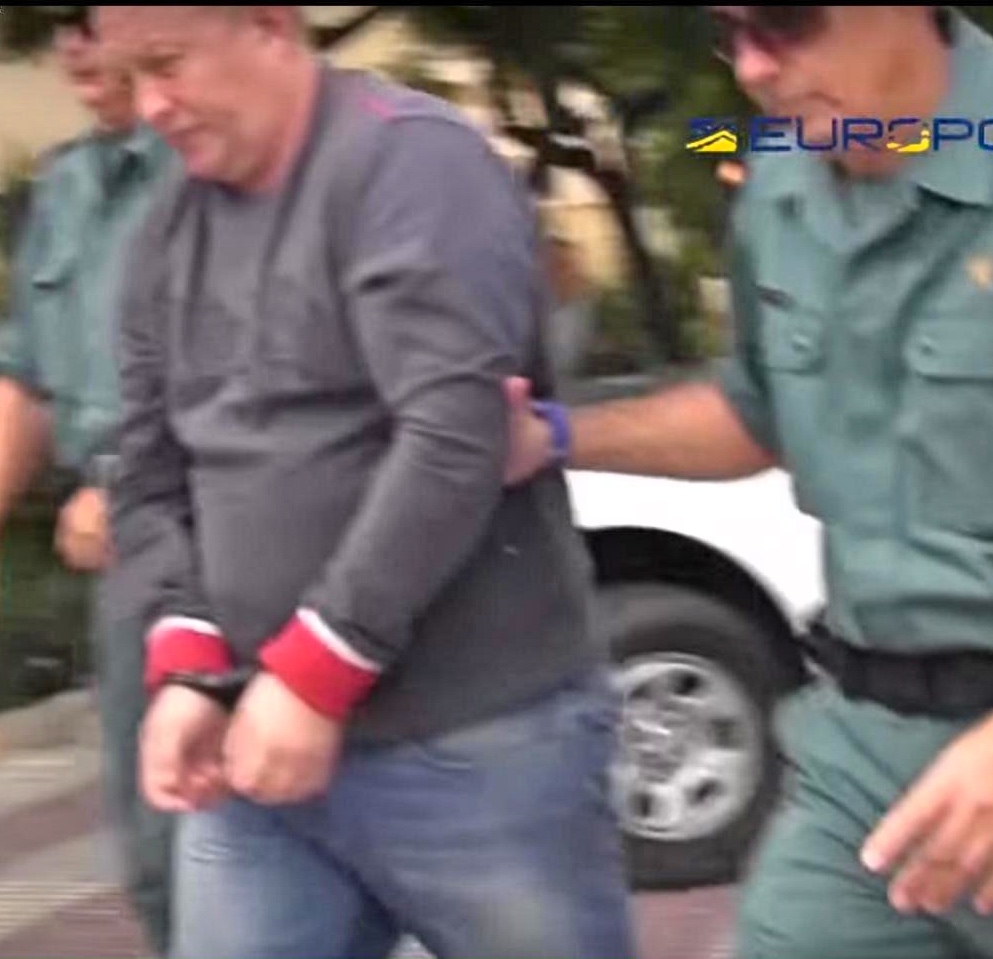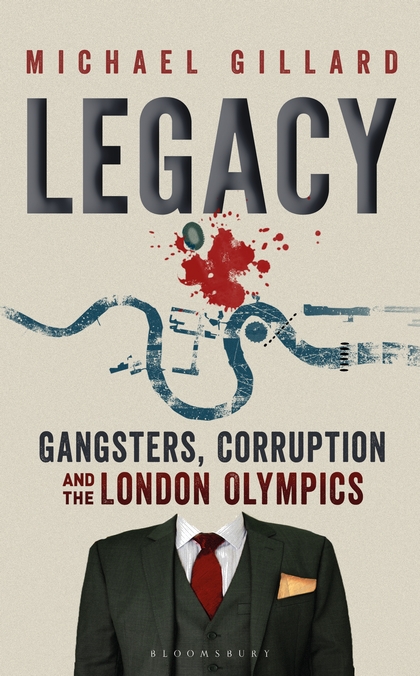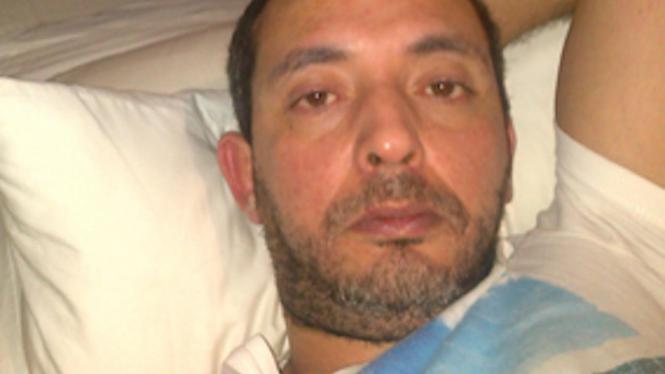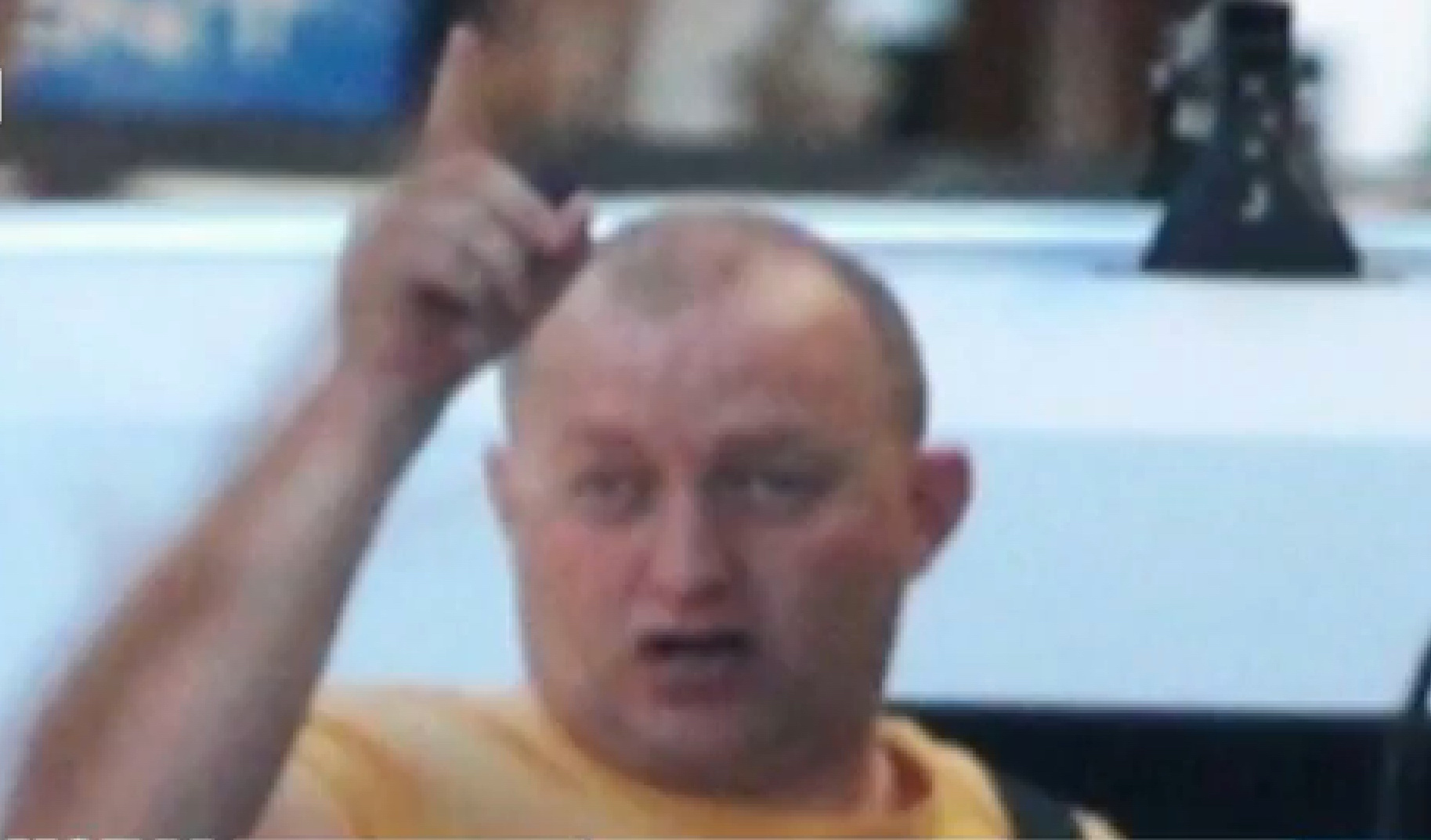


Crime lord Robert Dawes in the soup again

A nod to “Hoods” from the dark shadows of “Sherwood”
Crime Lord charged with 2002 murder of Dutch schoolteacher after new evidence emerges

Something for the weekend

Crime Lord to face arrest over brutal 2002 murder

The trial of “The One” begins in Paris….expect some twists and turns
Dutch prosecutor confirms murder case linked to British crime lord to be re-opened

Another brutal execution in the Dutch “Mocro Maffia” war…this time the inaction must end
